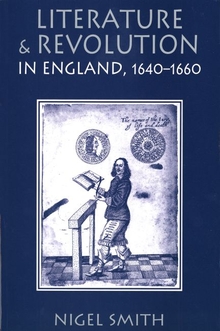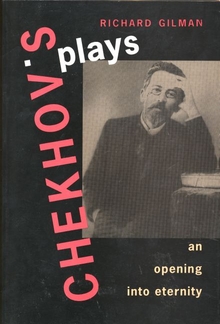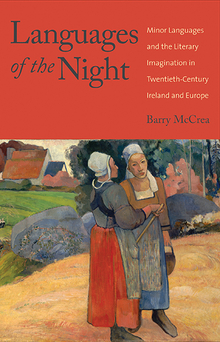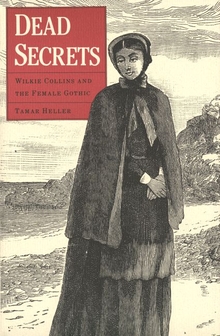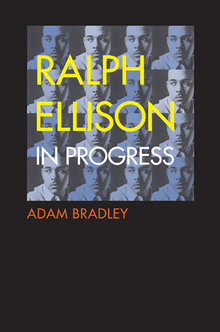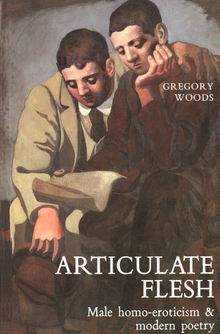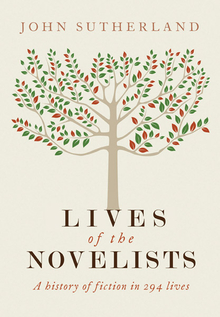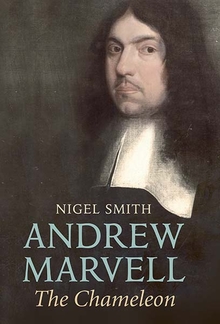Literature and Revolution in England, 1640-1660
WARNING
You are viewing an older version of the Yalebooks website. Please visit out new website with more updated information and a better user experience: https://www.yalebooks.com
Nigel Smith
Nigel Smith argues that the upheaval in divine and secular authority provided both motive and opportunity for transformations in the nature and meaning of literary expression. The increase in pamphleteering and journalism brought a new awareness of print; with it, existing ideas of authorship and authority collapsed. Through literature, people revised their understanding of themselves and attempted to transform their predicaments.
Smith examines literary output ranging from the masterworks of the age—Milton's Paradise Lost, Hobbes's Leviathan, Marvell's poetry—to a host of less well-known writings. He examines the contents of manuscripts and newspapers sold on the streets, published drama, epics and romances, love poetry, praise poetry, psalms and hymns, satire in prose and verse, fishing manuals, and histories. He also analyzes religious polemic and the language of political controversy, demonstrating how, as literary genres changed, they often acquired new vitality.
Ranging wider than any other work on this period, this highly original book explores the effect of politics on the practice of writing and the impact of literature on patterns of historical change.
"Whether dealing with gallant love-lyrics by Herrick or Lovelace or with a major work of the order of Hobbes's Leviathan or Paradise Lost, Smith shows the same sensitivity to inner tensions and topical resonances. He has done a signal service to all students of this watershed period."—Anthony Curtis, Financial Times
"An impressive and gracefully written book which cannot help but enlighten its readers."—D. R. Woolf, Canadian Journal of History
"Smith's volume is undoubtedly an important contribution to our understanding of the literary history of the seventeenth century, of the effect that political upheaval had upon literature and, conversely, of the impact that literature had upon historical events."—Glyn Pursglove, Swansea Review
"Cogently and with a daunting range of examples, Smith demonstrates how dramatic resources migrated to the new genres of the pamphlet and journalism."—Choice
"A valuable new study. . . . [This] well-researched book provides an impressive survey of the period's varied literature and shows how its generic innovations were a creative response to the crises of the 1640s and 50s. . . . Thanks to Smith, we now have a richer, more complete account of the ways literature and political culture interacted during this unsettled age of civil war, reformation and revolution."—David Loewenstein, Times Literary Supplement
"A readable and inspiring review of current historicist criticism. . . . [Literature and Revolution] is rich with discoveries."—Nick Moschovakis, Times Higher Education Supplement
"Smith takes a relatively overlooked period in England's literary history...and reminds us of its vitality and centrality. His theory, which is solid if not profound, asserts a peculiar correspondence between art and society. Smith's work is important simply because of its intense focus on this tumultuous period in literary and social history."—Virginia Quarterly Review
"Not so long ago, the period from 1640 to 1660 was a lost era of literary history. . . . Nigel Smith's book is by far the most ambitious, sustained, and successful attempt to bring the period to life on its own terms. . . . This book has implications far beyond its immediate historical period: it invites us to begin the literary history of the whole century anew. . . . Smith offers an overview with a coherence and authority that will offer a central point of reference for many years to come."—David Norbrook, Modern Language Review
"At the level of detail [this book] is immensely rewarding to scholars of the period. . . . A fine and finely detailed book that is, unreservedly, to be welcomed."—Thomas N. Corns, Prose Studies
"An important book. . . . It scrutinizes an exceptionally complicated phase of literary production with the confidence that comes from familiarity. The chapters abound in suggestive observations, but Nigel Smith's real achievement is to confront the genuine difficulty of mid-century writing and interpret it convincingly as an indicator of political change."—Graham Parry, Review of English Studies
"Nothing said here does any justice to the quality of this remarkable study—another of the Yale Press's emphatically scholarly and well-produced tomes . . . worthy of the attention of historians and critics alike."—Cromwelliana
"A sophisticated introduction to the literature of the revolutionary period. . . . As a dense yet lucid overview of the period, his work should enable future sustained studies of the texts he examines."—Susannah Brietz Monta, Albion
"An erudite, often fascinating analysis of English literature in the 1640s and 1650s, much of which was religious in nature. . . . Highly recommended for university libraries."—Richard L. Greaves, Religious Studies Review
"The two main disciplines that Smith weaves together here are history and literature, but scholars working in the fields of political science, classics, religion, and rhetoric will all find Smith's account useful and provocative. . . . He fills a giant canvas with all the seventeenth-century figures who took part in the action. For comparison, I can only point to a volume such as Douglas Bush's English Literature in the Earlier Seventeenth Century in the Oxford literary history series. A reader can treat both books as encyclopedias."—Richard J. Du Rocher, Southern Humanities Review
"Smith's intimate knowledge of the period's diverse literature is evident. That he has read the texts closely and thought carefully about all of them is obvious. His organization of comment on this material linked only by the event of publication at the same time in the same place is beautifully conceived. In short Smith has done a remarkable job in analyzing what easily may be the most complicated of English printed materials. . . . This book will stand, then, not only as a standard commentary, but perhaps as an inspiration for scholars to read more widely in their search for the link between the written word and social upheaval."—Maija Jansson, Renaissance Quarterly
Publication Date: June 25, 1997
16 b/w illus.

